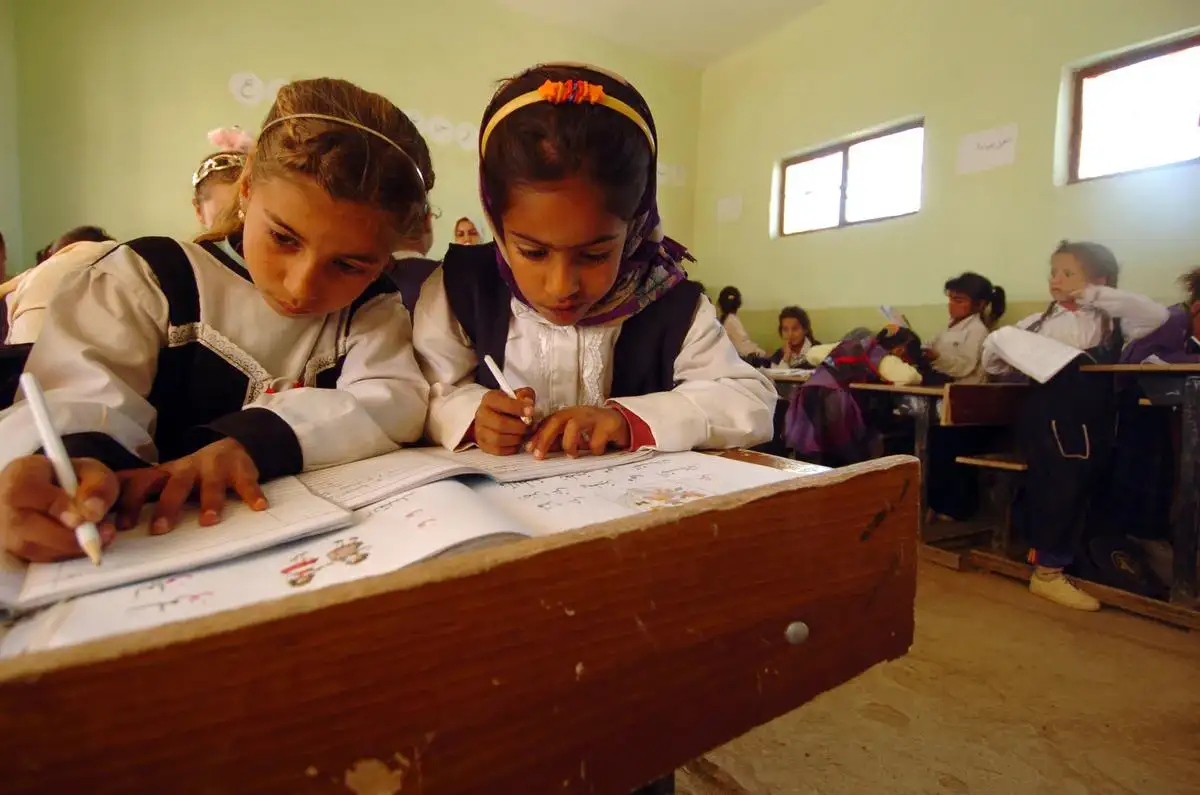
INTRODUCTION
Early childhood education (ECE) is an important stage of a child’s development. That focuses on fostering their physical, cognitive, emotional, and social growth during the formative years. Often from birth until roughly age eight. During this time, a child’s future success, well-being, and capacity for lifelong learning are laid out. Early childhood education encompasses various formal and informal settings. Such as preschools, daycare centers, and home-based learning environments.

Importance of Early Childhood Education:
- Brain Development: The early years are a critical period for brain development. And quality early education experiences can stimulate a child’s cognitive abilities, language skills, and problem-solving capabilities.
- Social and Emotional Development: Early childhood education fosters social interaction and emotional development. Teaching children important skills like empathy, cooperation, and conflict resolution.
- Preparation for Formal Education: ECE provides a smooth transition into formal schooling by familiarizing children with routines, structure, and basic academic concepts.
- Language and Communication Skills: Children exposed to rich language environments during early education are more likely to develop strong communication skills, which are vital for future academic success.
- Lifelong Learning: Early childhood education instills a love for learning and curiosity, setting the stage for a lifetime of inquiry and personal growth.
Principles of Effective Early Childhood Education:
- Play-based Learning: Play is a central element of early childhood education, as it allows children to explore, experiment, and discover the world around them in a fun and engaging manner.
- Individualized Approach: Effective ECE recognizes that each child is unique, catering to their individual needs, interests, and learning styles.
- Qualified and Caring Educators: Well-trained teachers and caregivers play a pivotal role in providing a nurturing and stimulating environment for young children.
- Parent and Community Involvement: Collaborating with parents and involving the local community strengthens the overall support system for children’s growth and development.
- Holistic Development: Early childhood education should address physical, cognitive, emotional, and social aspects, promoting all-around development.
Challenges and Opportunities:
- Access and Equity: Ensuring equitable access to quality early childhood education remains a challenge, especially for disadvantaged and marginalized communities.
- Funding and Resources: Adequate funding and resources are essential to maintain high-quality ECE programs, which can be a concern in some regions.
- Professional Development: Continuous professional development for early childhood educators is crucial to stay updated with the latest research and best practices.
- Screen Time and Technology: Balancing the use of technology in ECE to enhance learning without overexposure remains an ongoing concern.
- Cultural Sensitivity: Recognizing and respecting cultural diversity is essential to create an inclusive and supportive learning environment.

RESULT
As a result, early childhood education is a vital stage that sets the foundation for a child’s overall development. Learning abilities, and future success. By focusing on play-based learning, individualized approaches, and involving parents and communities. We can create a strong and supportive environment that maximizes the potential of every child during their early years.
